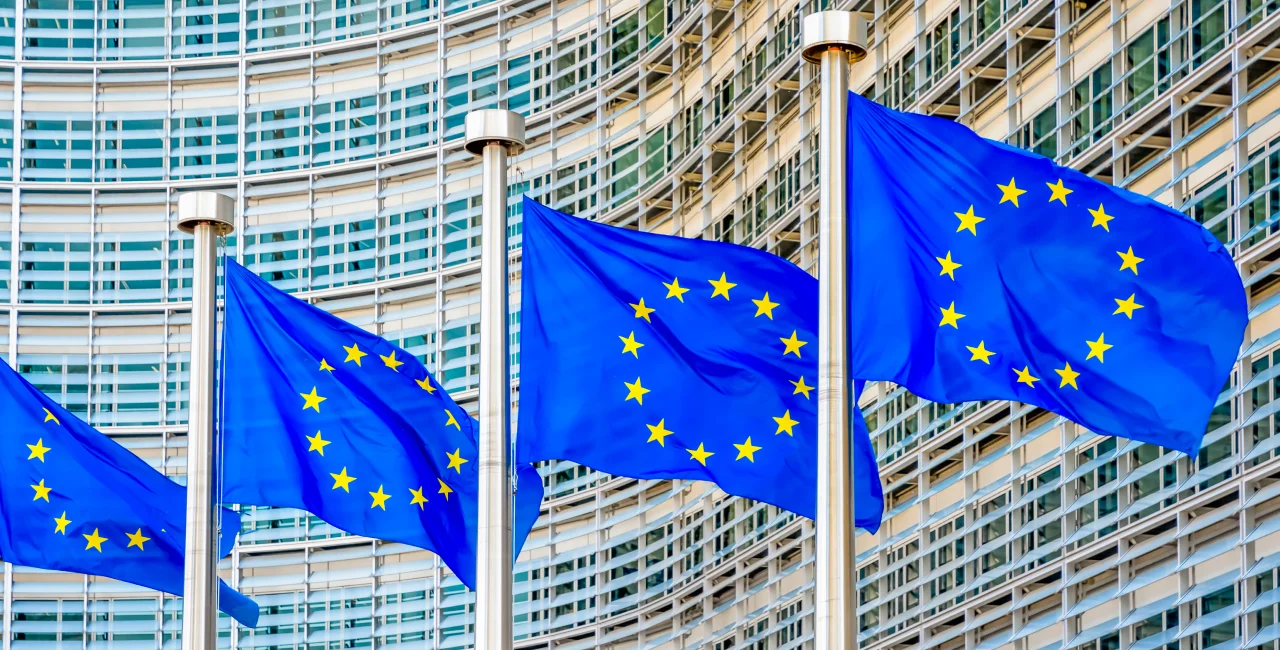Czechs and EU citizens will go to the polls this Friday and Saturday to vote in the European Parliament (EP) election. A total of 21 spots in the 720-member EP are up for grabs for prospective Czech Members of European Parliament (MEPs), which represent different parties across the Czech political spectrum.
The election is a big deal: it involves 373 million people across 27 countries on the continent, with far-reaching legislative effects.
What’s happening?
Voters in Czechia will specify their preference by choosing from a list of Czech political parties and coalitions, represented by politicians standing for the EP.
For the EP election, Czechia uses a preferential voting system, meaning that voters can rank their choices. A party or coalition must gain at least 5 percent of the vote to secure a seat in the EP.
The Spolu (Together) coalition will feature on the ballot, consisting of three incumbent government parties: ODS, Christian Democrats, and TOP 09. The right-wing ANO party, currently in opposition, will stand alone in the EP election, and the right-wing Freedom and Direct Democracy party has joined forces with the Tricolor political movement, which has a similar right-wing, migrant-sceptic ideology.

Who can vote?
Both Czech and EU citizens over the age of 18 can vote, provided they have a permanent or temporary residence in Czechia at least 45 days prior to the election. If you are an EU citizen living in Czechia, you will need to have registered within 40 days prior to the first day of the election.
What is it, and why is it important?
The number of MEPs for each country is roughly proportionate to its population. MEPs represent their country and domestic party’s interests, but stand in the EP as part of transnational, umbrella political groups based on ideology.
Along with the European Council, the EP is the EU’s law-making body and the only EU institution that is directly elected by citizens of the EU. It votes on important measures like the Green Deal or – more recently – the EU’s migration package. The EP also establishes the EU budget.
The EP supervises the functioning of all EU institutions and acts as co-legislator, along with the European Council. The EP also has a role in nominating the European Commission president, who is currently Ursula von der Leyen.
What’s at stake?
Broadly speaking, immigration, climate change, security, and the Russia–Ukraine war are the biggest issues that matter at the moment across the bloc.
Czechia will be keeping a close eye on the Euro 7 emissions deal, which will have a serious impact on Czechia’s huge automotive industry.
An ardent supporter of Ukraine, Czechia will hope that the next EP composition will continue its financial and military aid to the war-stricken country.
Don't know where to vote? Use this handy tool from the Prague Institute of Planning and Development to find out which polling station to go to.
What do polls say?
On a domestic level, ANO would narrowly win, claiming 23.1 percent of the vote, according to recent data from the STEM research agency. Spolu trail narrowly behind, with 21.5 percent. Polls say that both parties would win six seats each in the EP.
The STAN movement, which is a party in the government coalition, is far behind in third, with 10.3 percent of the vote.
On a European level, the center-right European People’s Party Group (EPP) is expected to retain its status as the largest party in the EP, with around 170-180 seats. The left-wing Progressive Alliance of Socialists and Democrats (S&D) is set to get the second-highest amount of seats: somewhere between 130 and 145. The EPP and S&D are traditionally the largest parties in the EP and have dominated for decades.
Preliminary results will be announced on Monday, June 10.












 Reading time: 3 minutes
Reading time: 3 minutes 

































